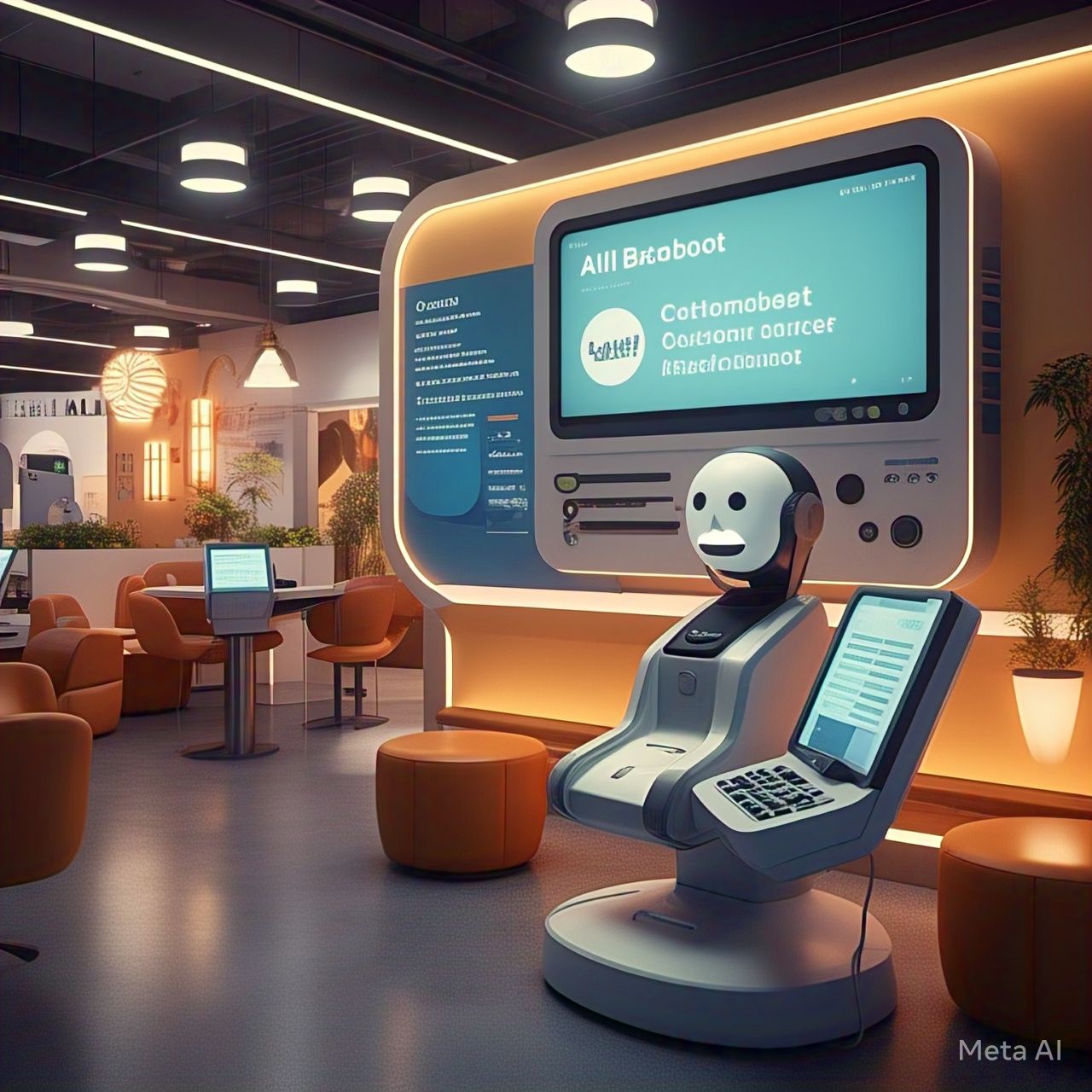Table of Contents
- Introduction
- The Evolution of AI-Powered Chatbots
- How AI Chatbots Improve Customer Interactions
- 24/7 Availability
- Personalized Responses
- Reduced Response Time
- Enhanced User Experience
- Key Technologies Behind AI Chatbots
- Natural Language Processing (NLP)
- Machine Learning and Deep Learning
- Sentiment Analysis
- Conversational AI
- Applications of AI Chatbots in Various Industries
- E-commerce
- Healthcare
- Banking and Finance
- Travel and Hospitality
- Benefits of AI-Powered Chatbots
- Challenges and Ethical Considerations
- Future of AI Chatbots
- FAQs
- Conclusion
Introduction
AI-powered chatbots have transformed customer interactions by offering seamless, efficient, and personalized communication. Businesses are leveraging AI chatbots to enhance customer engagement, streamline support, and improve operational efficiency.
The Evolution of AI-Powered Chatbots
Initially, chatbots were simple rule-based programs with limited capabilities. Today, AI-driven chatbots leverage advanced machine learning (ML) and natural language processing (NLP) to offer human-like interactions, understanding user intent and context effectively.
How AI Chatbots Improve Customer Interactions
24/7 Availability
Unlike human agents, AI chatbots operate round the clock, ensuring customers receive immediate assistance regardless of time zones or business hours.
Personalized Responses
Using AI algorithms, chatbots analyze user preferences, past interactions, and behavior patterns to offer personalized recommendations and responses.
Reduced Response Time
AI chatbots instantly process customer queries, reducing waiting times and improving overall customer satisfaction.
Enhanced User Experience
AI chatbots provide a conversational interface that feels natural and intuitive, reducing frustration and increasing engagement.
Key Technologies Behind AI Chatbots
Natural Language Processing (NLP)
NLP enables chatbots to understand, interpret, and respond to human language accurately.
Machine Learning and Deep Learning
These technologies allow chatbots to improve over time by learning from past interactions and user feedback.
Sentiment Analysis
Chatbots can detect customer emotions and adjust their responses accordingly, ensuring empathetic and context-aware interactions.
Conversational AI
Advanced AI models, such as GPT and BERT, empower chatbots to generate human-like responses, making conversations more fluid and engaging.
Applications of AI Chatbots in Various Industries
E-commerce
- Product recommendations
- Order tracking
- Customer support
Healthcare
- Symptom checking
- Appointment scheduling
- Medication reminders
Banking and Finance
- Account inquiries
- Fraud detection
- Loan and investment guidance
Travel and Hospitality
- Booking assistance
- Travel recommendations
- Customer service
Benefits of AI-Powered Chatbots
| Benefit | Description |
|---|---|
| Cost Savings | Reduces operational costs by automating repetitive tasks |
| Scalability | Handles multiple queries simultaneously |
| Consistency | Provides uniform responses, reducing errors |
| Data Collection | Gathers insights for improving services |
Challenges and Ethical Considerations
- Data Privacy: Ensuring user data protection and compliance with regulations.
- Bias in AI: Addressing potential biases in chatbot responses.
- Human Touch: Maintaining a balance between automation and human support.
Future of AI Chatbots
Advancements in AI and NLP will continue to improve chatbot capabilities, making interactions more human-like. The integration of AI chatbots with augmented reality (AR) and voice assistants is expected to further enhance customer experiences.
FAQs
What industries benefit the most from AI chatbots?
E-commerce, healthcare, banking, and travel industries have seen significant improvements in customer interactions with AI chatbots.
Are AI chatbots replacing human customer support?
AI chatbots complement human agents by handling routine inquiries, allowing human support teams to focus on complex issues.
How secure are AI chatbots?
Security depends on the implementation. Encrypted communication, authentication mechanisms, and compliance with data protection laws enhance chatbot security.
Can AI chatbots understand multiple languages?
Yes, modern AI chatbots support multiple languages, improving accessibility for a global audience.
Conclusion
AI-powered chatbots are revolutionizing customer interactions by offering 24/7 support, personalized experiences, and efficient service. With continuous advancements in AI and NLP, chatbots are set to become an indispensable part of customer engagement strategies.




